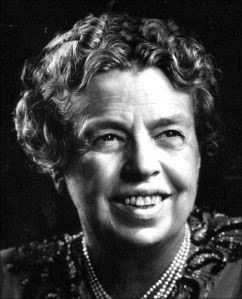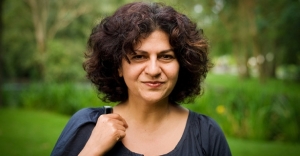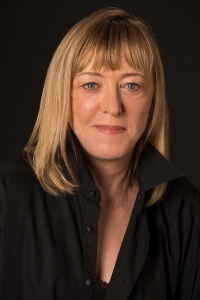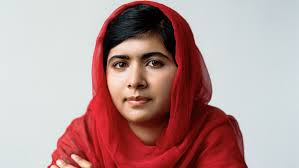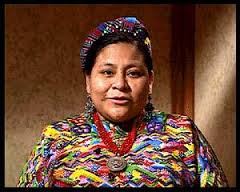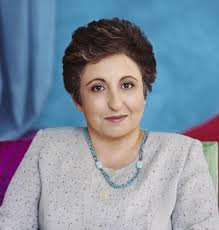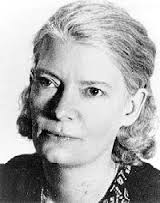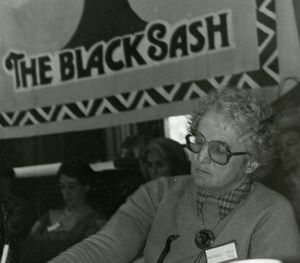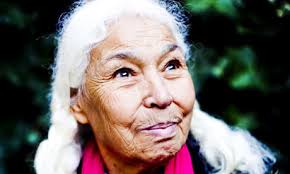
Nawal El Saadawi is an Egyptian feminist, activist, and writer. While working as a doctor and psychiatrist treating women in her rural hometown, Nawal became aware of the struggles of culture, patriarchy, and class her female patients dealt with every day of their lives and of the lack of control the women had over their own bodies. The combination of her medical knowledge, her experiences treating the women of Egypt, and her own personal experiences led her to write her book about women and the ownership of their bodies Women and Sex and to condemn the practice of female genital mutilation. Nawal also helped publish the feminist magazine Confrontation and has written several other books, both fiction and nonfiction. Nawal was the United Nations Advisor for the Women’s Programme in Africa and Middle East for a time, and also has taught at many of the world’s most prestigious universities. She is the founder of the Arab Women’s Solidarity Association and the co-founder of the Arab Association for Human Rights. Her outspoken stance on controversial issues has brought her a lot of trouble; she was dismissed the Ministry of Health, lost her position as an editor, and was even imprisoned for a time. Threats against her life finally forced her to flee Egypt, though she continues to be active in Egyptian politics today. And though her activism has put her in danger, many people have noticed and admire the work she has done, and Nawal has been gifted many awards for her humanitarian efforts, including the North-South Prize and Inana International Prize. Nawal El Saadawi fights for the rights of Egyptian women to have control over their own bodies as well as their minds and to promote human rights for all people in Egypt, without the pressing force of religion, culture, or class distinctions drawing lines of division.
Today, be inspired to…Take control of your body and respect it by treating it well. Only you should be making decisions about what you do with your body, so do what’s best for yourself.
Photo credit: africasacountry.com
